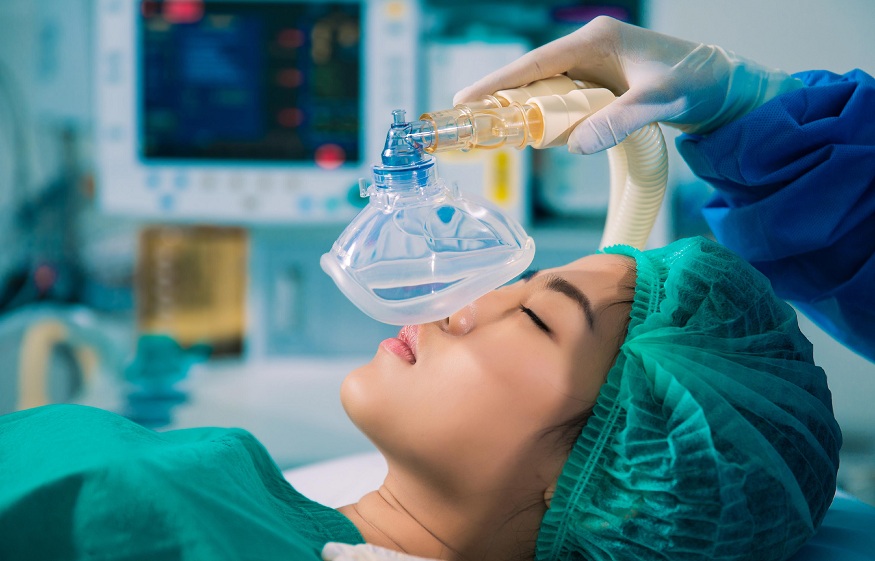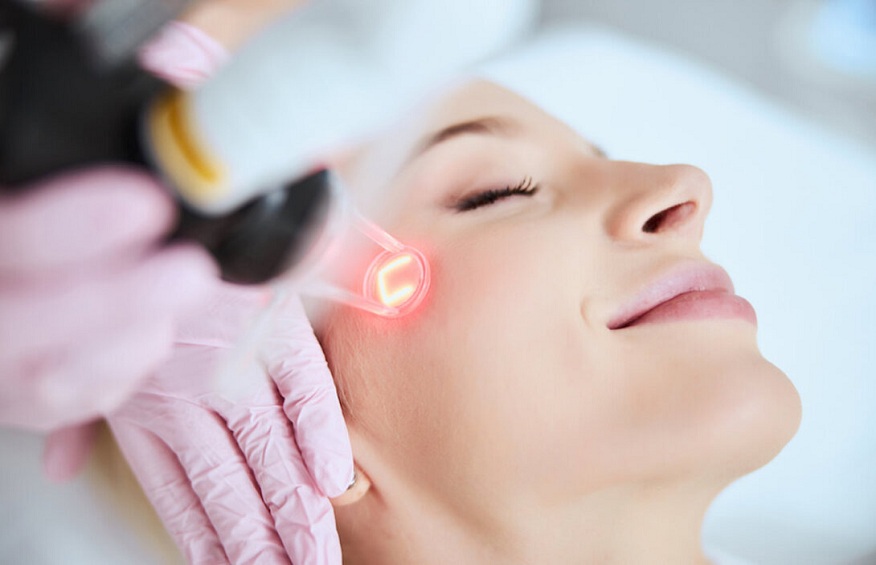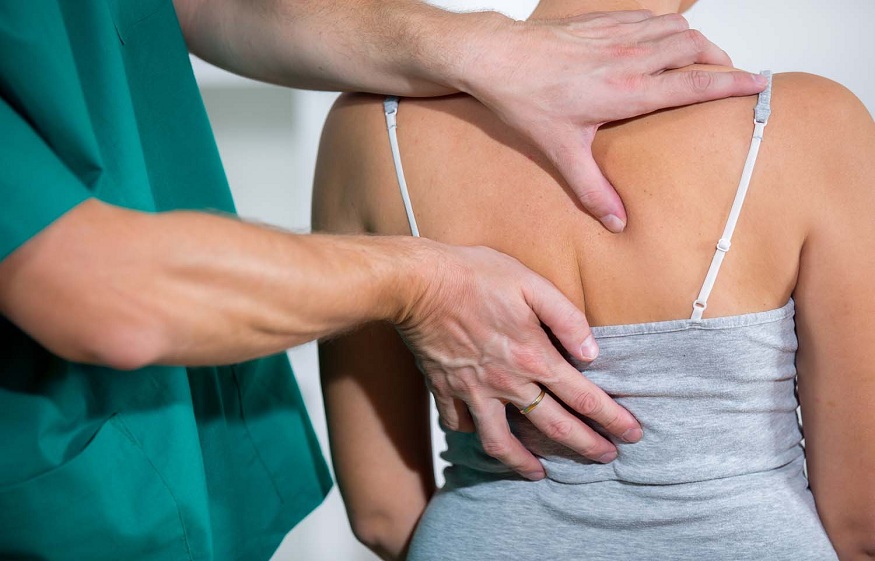Is Dental Anaesthesia Dangerous For Pregnant Women?
During the reproductive period, the mother-fetus relationship is everyone’s primary goal. It is a common concern for many women who are pregnant and have dental problems.
Can I go to the dentist pregnant?
The answer is yes, although always with some indications. The biggest concern is whether or not the treatment may affect the baby or whether it may be contraindicated. You should know that not only is it not contraindicated, but if you have any dental problems, you should go to the dentist to treat your pain and prevent it from getting worse since a severe dental problem that is not treated can affect your baby; how can it be a generalised infection.
The first thing you should do is tell your trusted dentist that you are pregnant and how many months or trimesters you are in so that the professional can act most properly.
Can Anyone has dental anaesthesia during pregnancy? What risks can They have?
Only emergency treatments will always be performed, but if it is necessary to perform dental treatment, you should know that anaesthesia can be administered since the anaesthesia used in the dental clinic is in tiny doses. Even so, anaesthesia without a vasoconstrictor such as Mepivacaine or Lidocaine is administered, as it is safer for the fetus. Therefore, we ensure that dental anaesthesia is not contraindicated in pregnancy.
The most significant risk is that the amount of anaesthesia can reach the fetus, but the doses used in the dental clinic are so small that there is no apparent risk during pregnancy; even so, only emergency treatments will be performed.
When is the best time to have dental treatment?
As you already know, the most significant risks of pregnancy are found in the first trimester, since it is the trimester where the fetus is formed and undergoes substantial changes and may be at risk of malformations or developing strange diseases. At the end of the third trimester, it is also complicated since it is already a complicated month, where the mother no longer feels comfortable and may be at risk of labour induction.
Therefore, we can say that the safest time to have dental treatment is the second trimester, when neither the fetus nor the mother is at such a high risk of problems.
What dental problems can you have during pregnancy?
You should know that during the pregnancy that lasts nine months, you can present any dental problem, such as cavities, toothache or gum pain. To avoid any problems during pregnancy, the ideal is that you go to your trusted dentist before you get pregnant to have your mouth checked and cleaned, thus avoiding any complications during pregnancy.
It is common to suffer gum problems during pregnancy, which we call gestational gingivitis. It manifests itself with inflammation and bleeding of the gums. It usually appears during the second month of pregnancy and improves after delivery. This is caused by the hormonal change that occurs during pregnancy, so it is essential to go to the dentist beforehand to perform preventive hygiene.
How should the dentist act during pregnancy?
Typically, if you go to the dentist during the nine months of pregnancy, it is because it is a dental emergency, such as a toothache due to the eruption of wisdom teeth, dental caries problems or gum pain. We know that the second trimester is the safest to carry out dental treatment without risks. Still, even so, if you have any dental problem, you should go to the dentist, whatever month it is, to reduce that problem as soon as possible and not get worse. Of course, you should always tell your dentist what month of pregnancy you are in so that he knows how to act at all times:
1- First trimester
As we have already said, it is the most dangerous trimester, with the most significant risk for the fetus, so we limit ourselves to simple and much-needed treatments. All types of medications and X-rays should be avoided. This way, only emergency treatments that cannot be postponed or simple dental hygiene will be carried out.
2- Second trimester
It is the safest trimester, in which the necessary and urgent dental treatments will be carried out that cannot be postponed until after the pregnancy. If essential, X-rays can always be taken with a lead apron.
3- Third trimester
Only emergency treatments that cannot be postponed should be done since there is a risk of labour induction. In addition, the mother feels very heavy and uncomfortable, so the appointments should be as short as possible. A cushion should be placed under the right buttock to avoid compression of the vena cava and thus avoid hypotension in pregnant women, widespread problems in these months of pregnancy.
Can I get orthodontic treatment?
It is a big question in the dental clinic of pregnant women since some want to have orthodontics during this period. Initially, there is no major problem with having orthodontics during the months of pregnancy since no complex or risky process is necessary.



